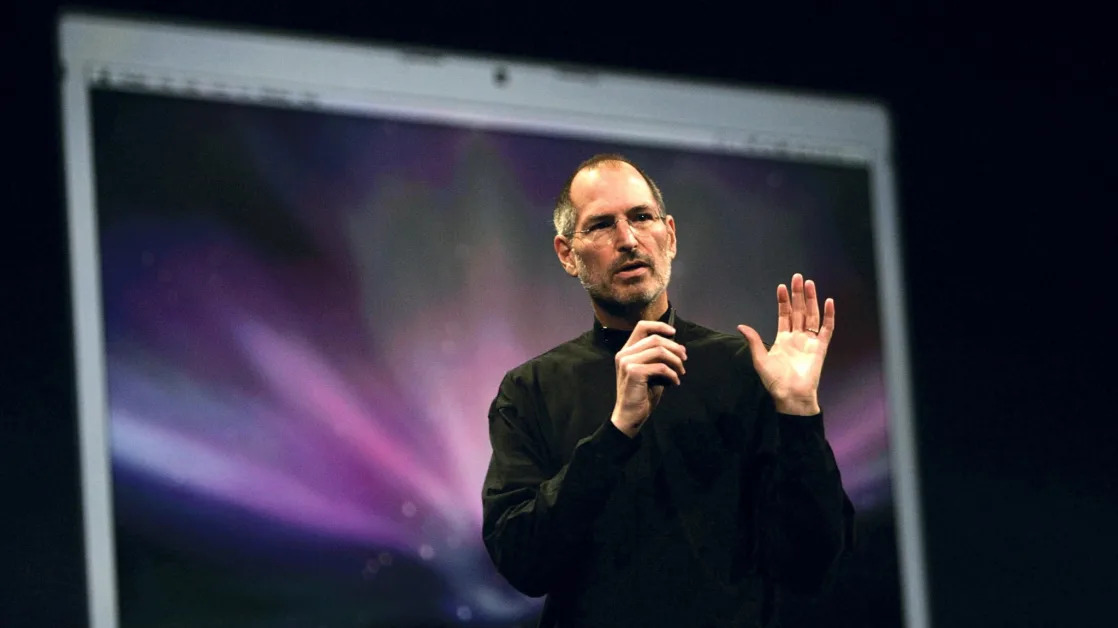Bitcoin mining is often criticized for its high energy consumption, but Jeff LaBerge, Head of Capital Markets and Strategic Initiatives at Bitdeer, argues that the industry plays a crucial role in stabilizing power grids.
Speaking on Roundtable , LaBerge addressed the misconception that Bitcoin mining is wasteful, noting its ability to act as an “interruptible load” for electricity grids.
“It is a very power-intensive industry. I think we use somewhere around 20 gigawatts,” LaBerge admitted. “But in the greater scheme of things, that’s much lower than many other industries that use significantly more.”
20 gigawatts (GW) of power is enough to supply electricity to approximately 15 million U.S. homes for a year, assuming the average household consumes around 1,200 watts (1.2 kW) per home at any given time. This amount of energy is comparable to powering 20 large nuclear power plants running at full capacity.
According to LaBerge, Bitcoin miners have a unique advantage — they can turn off their operations within minutes when grid demand spikes, unlike most industrial power users.
“What that means is in certain areas like Texas and PJM, which is in Ohio, Pennsylvania, those areas are able to essentially dispatch us almost like a demand-side battery,” he explained. “We can voluntarily curtail our power during peak times in the grid and actually get that power back to the grid.”
Rob Nelson, the show’s host, pointed out that this concept is often difficult for outsiders to grasp.
“They’re like, ‘No, Bitcoin miners use all this energy and all they do is produce this digital thing,’” Nelson said. “When I tell them they can move energy on the power grids and the utilities actually work with big Bitcoin miners, they look at me like that makes no sense to me.”
But for LaBerge, the relationship between miners and utilities is a win-win.
“Utilities love it. I mean, it’s a great asset,” he said. “If you’re a utility, what is your other option during that peak time? You’re going to fire up a peaker plant, a natural gas or maybe even a coal plant to balance out that load.”
Instead of increasing supply, he argues, utilities benefit from having a steady base demand, where miners voluntarily power down when energy is needed elsewhere.
“A number of studies have been done. I think Texas A&M did a very good one showing that Bitcoin miners actually can be quite helpful for the grid,” LaBerge noted.
Nelson added that in states like California, where rolling blackouts are common, Bitcoin miners could help prevent these disruptions by redirecting power back to the grid.
Bitcoin mining uses less energy than banking, study finds
On April 24, 2024, a new study challenged the long-standing criticism that Bitcoin mining is an unsustainable energy guzzler, revealing that the global banking sector consumes significantly more electricity than the Bitcoin network.
According to research by Payless Power, Bitcoin mining’s annual energy consumption stands at 167.14 TWh, compared to the 258.85 TWh used by traditional banking.





